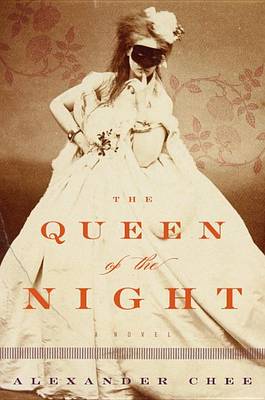Reviewed by ibeforem on
The story bounces back and forth between the Lilliet of the present and the Lilliet of the past. Along the way she lives many lives — of a traveling circus performer, a courtesan, a kept woman, an Empress’s maid, a famous opera singer. She is pulled into not only the intrigue of the opera, but the political intrigue surrounding the fall of Napoleon III. We learn about her life as she searches her past and tries to figure out who is threatening her with exposure.
I enjoyed this book, though I found it hard to follow at times. It often wasn’t clear which time period you were in until you got some context clues. Also, I completely lost track of how old she was at the different times of her life… I ended up thinking she should have been much older than she is supposed to be. It often wasn’t clear how much time had passed between one event and the next.
Also, Lilliet is a bit difficult to connect to. Though many tragic things happen to her, she often just picks up her skirts and moves on with nary an emotional response. Many people are left in her wake, and she just moves on with what appears to be little thought of how they may feel being left behind.
One thing I did appreciate is that the novel is structured much like a tragic opera, with emotional ups and downs. It’s a bit of a time investment, but I recommend this for anyone who likes historical fiction and a time period/area of interest that is a bit out of the ordinary.
“Victory, defeat, victory, defeat, victory, defeat. Such is tragedy.”
Reading updates
- Started reading
- 3 August, 2018: Finished reading
- 3 August, 2018: Reviewed
